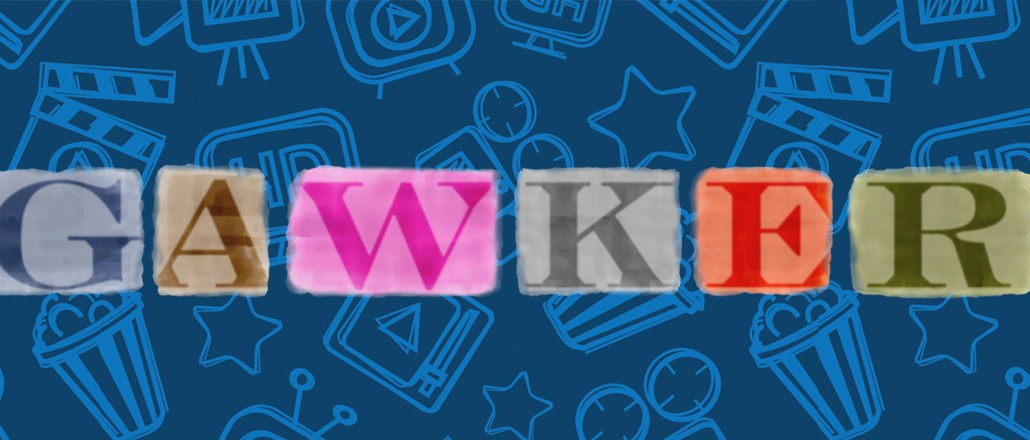Save 50% on a 3-month Digiday+ membership. Ends Dec 5.

The fallout over Gawker’s decision to publish — and later delete — a controversial post revealing the personal life of Condé Nast’s chief financial officer continued Monday with the resignations of executive editor Tommy Craggs and editor-in-chief Max Read.
Craggs and Read wrote letters to staff members saying they were upset with the managing partnership’s vote to delete the post without an endorsement from a member of the editorial staff. Moving forward, the duo essentially said they “could not possibly guarantee Gawker’s editorial integrity,” according to a post on Gawker.
In response, founder Nick Denton wrote a letter to the staff saying the post “defied the 2015 editorial mandate to do stories that inspire pride,” adding that Gawker has been undergoing a reinvention of sort as morphs from a media gossip blog to a source of independent journalism that isn’t bloated with venture capital funding.
Here’s what we learned:
1. Just one advertiser threatened to pull out.
Denton estimates that if the post remained online, financial losses would have been in the “seven figures” with one advertiser “pausing” its sponsorship. (Gakwer is currently running ads for Netflix and house ads.) Digiday reported on Friday that it’s “business as usual” for clients because they know what they’re getting into when they advertise on Gawker. Losing another seven figures would’ve further damaged the blogging conglomerate’s bottom line since it already lost the same figure during the Gamergate saga last year.
2. The post went against Gawker’s standards, but let’s not talk about libel.
Despite deleting a post goes against what Gawker stands for, Denton writes, it was also an “unprecedented misuse of the independence given to editorial.” He said the post was legal, but it couldn’t be “justified.” He added: “The episode had the potential to do lasting damage to our reputation as a company, and each of our own reputations.”
3. Gawker has a brand problem.
Gawker.com’s reputation is “confusing and damaging,” he said. Denton asked a friend what they thought. The friend replied that the flagship was “really bitchy” and lacked focus compared to other Gawker websites. Denton blames himself for instilling that kind of culture, however even he appears tired of it.
Ad position: web_incontent_pos1
4. Gawker stories have to be “true and interesting.”
The Hulk Hogan lawsuit, delayed until October, signals that Gawker’s roughest waters are still ahead of them. Stories like this adds “poison” to its reputation, but Denton swears “Gawker needs to keep being Gawker,” which apparently extends to posting videos of wrestlers having relations with other wrestlers’ wives.
“Stories need to be true and interesting,” he said. “I believe we will have to make our peace with the idea that to be published, those truths should be worthwhile.”
More in Media

What publishers are wishing for this holiday season: End AI scraping and determine AI-powered audience value
Publishers want a fair, structured, regulated AI environment and they also want to define what the next decade of audience metrics looks like.

Digiday+ Research Subscription Index 2025: Subscription strategies from Bloomberg, The New York Times, Vox and others
Digiday’s third annual Subscription Index examines and measures publishers’ subscription strategies to identify common approaches and key tactics among Bloomberg, The New York Times, Vox and others.

From lawsuits to lobbying: How publishers are fighting AI
We may be closing out 2025, but publishers aren’t retreating from the battle of AI search — some are escalating it, and they expect the fight to stretch deep into 2026.
Ad position: web_bfu
